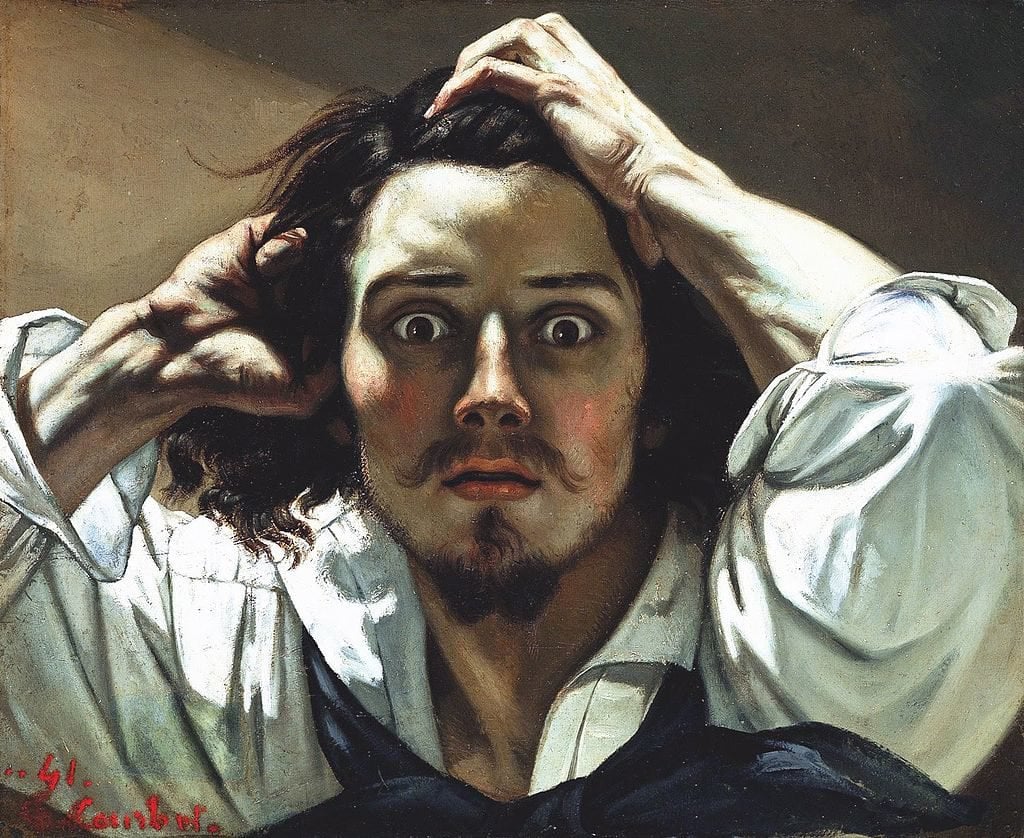
After seven years, a French schoolteacher’s fight with Facebook is finally getting its day in court—and the outcome could have implications for freedom of speech and the distinction between art and pornographic imagery.
On Thursday, a Paris high court heard arguments over educator Frédéric Durand’s claim that the social media behemoth deactivated his account “without warning or justification” in 2011. The account was taken down after he posted an image of Gustave Courbet’s provocative 1866 painting The Origin of the World, which depicts a close-up view of a woman’s genitals.
Facebook’s terms and conditions prohibit nude images, though the rules were amended in 2015 to allow for nudity in works of art.
Durand’s lawyer, Stéphane Cottineau, spoke to artnet News after the case was heard in court on Thursday. “This is a violation of freedom of expression,” he said, citing article 11 of France’s 1789 Declaration of the Rights of Man and the Citizen, a document of the French Revolution which codified French citizens’ rights.
The article guarantees every French citizen the right to “speak, write, and print” freely. Cottineau thinks the case could set an important precedent. “If Facebook loses the suit, it will have to obey the French laws relating to freedom of expression,” he said.
Gustave Courbet’s The Origin of the World (1866). Photo courtesy of Pascal Guyot/AFP/Getty Images.
Alleging censorship, Durand is seeking reactivation of his account, $25,000 in damages, and an explanation for why the account was deleted.
According to the Guardian, Facebook claimed in court that it was technically impossible to restore Durand’s account as it was deactivated in 2011, and user data is permanently deleted 90 days after deactivation. Facebook’s lawyers also told the Guardian that the lawsuit was unjustified because the closure of Durand’s account wasn’t linked to his publication of the image in question, but “a simple contractual dispute.” They are apparently asking for one euro from Durand as a symbolic penalty.
The case arrived in a French court after a years-long battle over the location of the trial. Facebook fought hard for the trial to take place in California, which would have effectively ended the suit. Cottineau told artnet News that the cost of a lawsuit filed in the United States would have been much too expensive for his client.
In February 2016, however, a French court ruled that the company could be tried in France, welcome news to Durand, as French law could be applied to the case and he wouldn’t need to travel.
Facebook did not immediately respond to artnet News’s request for comment on the case. The final ruling will be handed down on March 15.